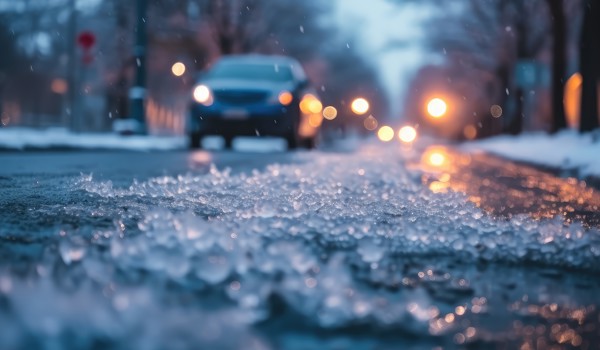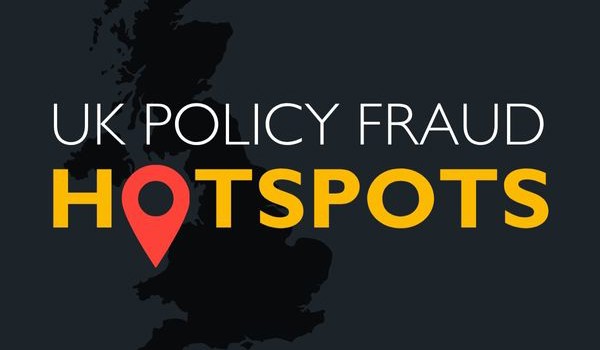Crash for Cash
Not every crash is an accident...
Crash for Cash is a term used to describe a fraudulent insurance claim for a motor collision. These scams range from paper-based fabrications to physical collisions involving innocent road users, in order to profit from fraudulent insurance claims. The scam sadly causes countless injuries and tragically in some cases fatalities.
Clip for Cash warning, Uxbridge, May 2025
Moped scam warning, London and Home Counties, March 2025
Induced car collisions involving innocent drivers are often caused by fraudsters who slam their brake at busy junctions and roundabouts in the hope that the driver behind won’t stop in time. Some fraudsters do this with an accomplice that drives erratically in front of them, so they can divert the victim’s suspicions by blaming the driver in front. Some of these fraudsters also crash into innocent drivers who have been encouraged to pull out of a side road, or as they creep forward for a better view.
Avoiding 'Crash for Cash' scams
Keep a good distance
Always keep a good distance from the vehicle in front. According to the DVSA (Driver and Vehicle Standards Agency) the time required to safely stop is:
- 2 seconds in dry conditions.
- 4 seconds in wet conditions.
- 20 seconds in icy or snowy conditions.
Stay alert
- Drive safe and stick to the highway code.
- Look ahead to spot any potential hazards including unusual driving behaviour.
- Focus on vehicles and not just their lights, as fraudsters often disable brake lights.
- Be cautious when pulling out of a side road, especially if encouraged to.
- If other drivers or their passengers are behaving suspiciously, or the condition of their vehicle is poor (such as rear dents), stay calm and keep back.
Know the signs
- The driver or their passengers appear to be unphased after the collision.
- The driver or their passengers appear to exaggerate injuries.
- Pre-written insurance information is handed over.
If you think you've been victim of a crash for cash scam
- Do not confront the other driver. Exchange details as legally required.
- Note as much information as possible about the driver, any passengers and circumstances of the collision. This can include written information, pictures, dashcam footage and noting CCTV in the area
- Make your insurer aware of the incident, and contact the IFB CheatLine. In an emergency, please contact the police on 999 or 101 if the matter is not an emergency but requires police attendance.
Report insurance scams to the IFB CheatLine (powered by CrimeStoppers) on 0800 422 0421 or online.
It's free, anonymous and completely confidential.


